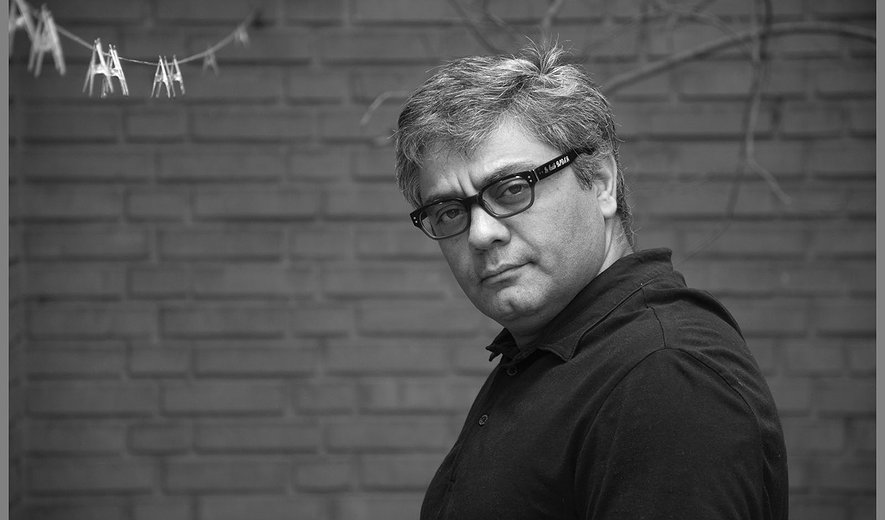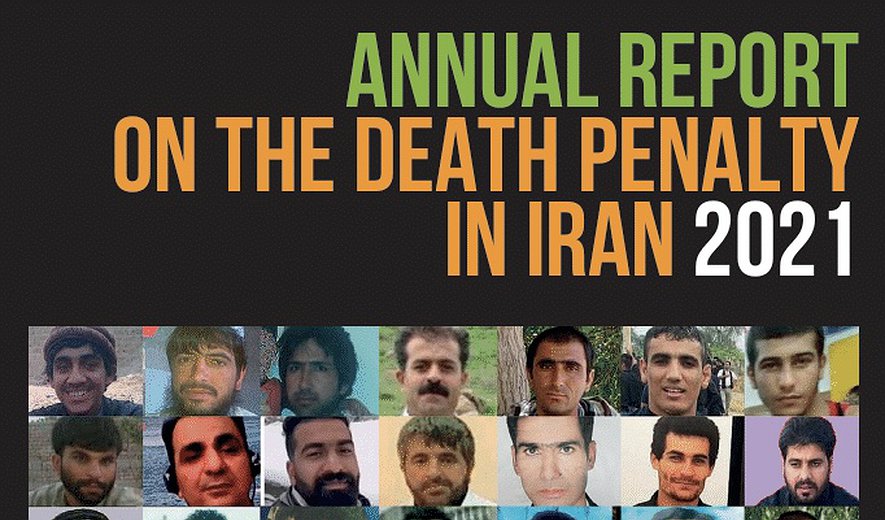Mohammad Rasoulof: Organised and Legalised Killings is an Apt Description of the Death Penalty in Iran

Iran Human Rights (IHRNGO); April 28, 2022: Award-winning independent filmmaker, Mohammad Rasoulof has penned the foreword to the 2021 Annual Report on the Death Penalty in Iran.
Full text:
"Organised and legalised killings is an apt description of the death penalty in Iran. By relying on religious-based laws, the ruling political power initially presented the death penalty as necessary, justified and ultimately, normalised. A society routinely exposed to such organised violence, accepted the death penalty as a legal solution that consequently became a tool of repression in the government’s hands.
How can the death penalty ever be reduced to ultimate abolition if, on the one hand, the death penalty has been accepted as a legal deterrent and, on the other hand, the ruling and repressive political power will not tolerate legal reforms? No significant progress has been made in the abolition of the death penalty despite years of efforts by civil society and NGOs in Iran. NGOs who continue to fight for the abolition of the death penalty despite the means of amending the laws being blocked and all efforts being repressed.
Under such circumstances, raising cultural awareness is a complementary move in the campaign for the abolition of the death penalty. This can be achieved through educating and raising public awareness. As well as focusing on the victims of the death penalty, which includes not only the person executed but also his wider circle. It is crucial to also consider and focus on the chain of people involved in operating the death penalty.
A network of employees at the relevant agencies, military forces, judicial officers, prosecutors, judges and many others who are directly or indirectly involved in the implementation of the death penalty, are not sufficiently aware of the important role they play in this system and see it as insignificant and ineffective. They need to learn to accept personal responsibility as part of this chain. It is essential for this group to be directly or indirectly educated by abolitionists so that they may have the courage to engage in overt or covert disobedient action."
Mohammad Rasoulof


